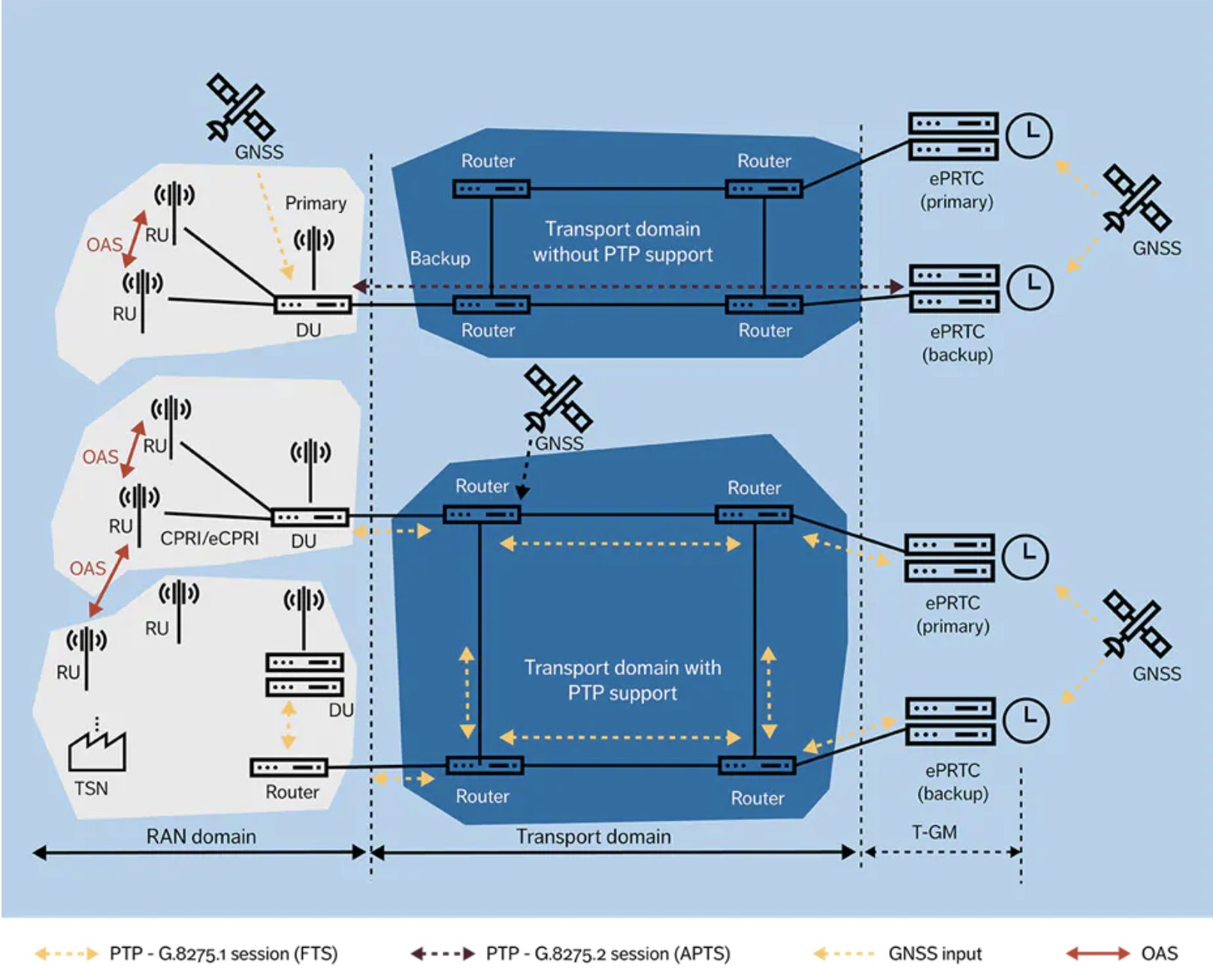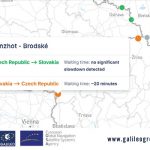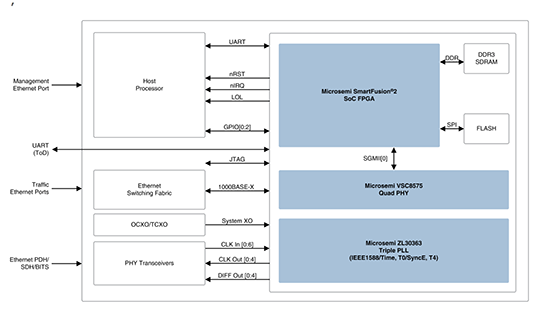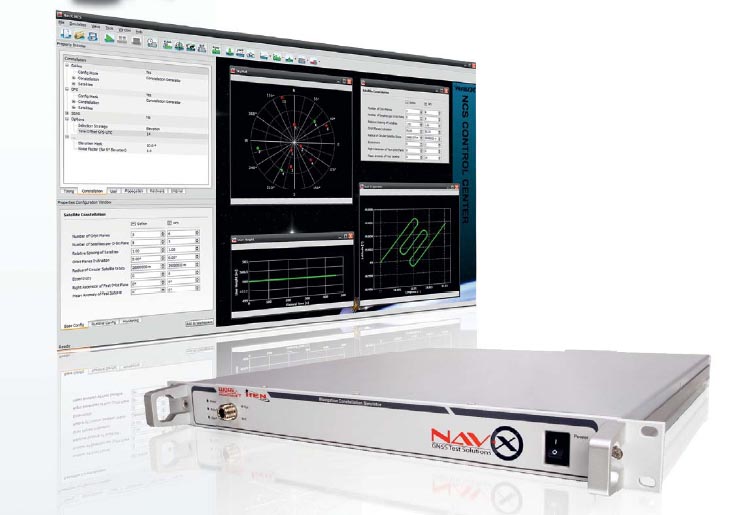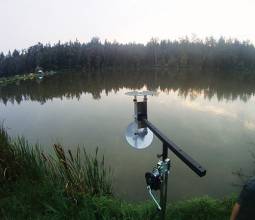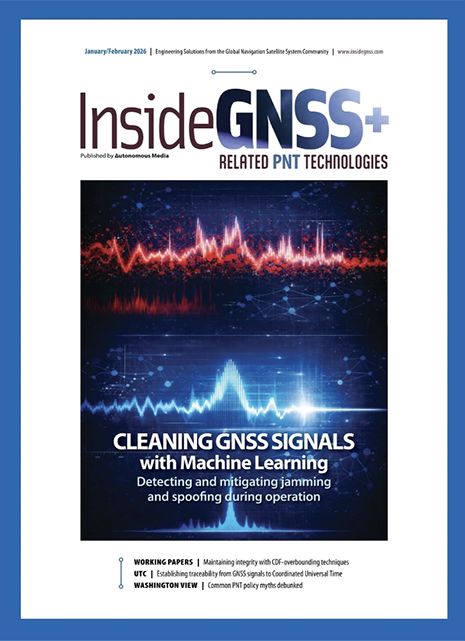In a whitepaper titled “5G Synchronization Requirements and Solutions,” Ericsson CTO Erik Ekudden’ gives his views on the importance of synchronization in 5G and the critical role of GNSS as a backbone and basis of that synchronization.
“The need for synchronization in the radio access network (RAN) has grown as new radio technologies and network architectures emerge to boost efficiency and support demanding 5G use cases,” the paper begins. “Although the fundamental synchronization requirements have not become more stringent in 5G, the need for time synchronization has become much more critical.”
After establishing that the fundamental technologies to fulfill the requirements of 5G mobile networks come from the GNSS, enabling global distribution of a UTC-traceable reference, the paper specifies GPS, BeiDou and Galileo as suppliers of a time synchronization master. “GNSS satellites visibility is important for proper operation.”
“A GNSS-based solution installed directly at base station sites can provide cost-efficient, accurate and predictable time synchronization of the radio network without any support from the transport network. The higher accuracy of GNSS compared with other synchronization sources allows for comparatively longer holdover periods.
“Short disruptions due to interference and blocking are common, but the negative impact can be avoided or limited by the base station’s holdover using the local oscillator – up to a few hours for a TDD base station, for example. Longer holdover periods can be achieved when GNSS is combined with other technologies that provide a stable timing reference (traceable to PRTC).”
The Ericsson report specifies over-the-air synchronization (OAS) as a redundancy backup to protect against GNSS jamming or spoofing events.
Part of a mobile telecommunication system, a RAN resides between a device such as a mobile phone, a computer, or any remotely controlled machine and provides connection with its core network (CN). RAN functionality is typically provided by a silicon chip residing in both the core network as well as the user equipment.
Ericcson is a Swedish multinational networking and telecommunications company headquartered in Stockholm. It offers services, software and infrastructure in information and communications technology for telecommunications operators, traditional telecommunications and Internet Protocol (IP) networking equipment, mobile and fixed broadband.
[Image courtesy Ericsson.]

